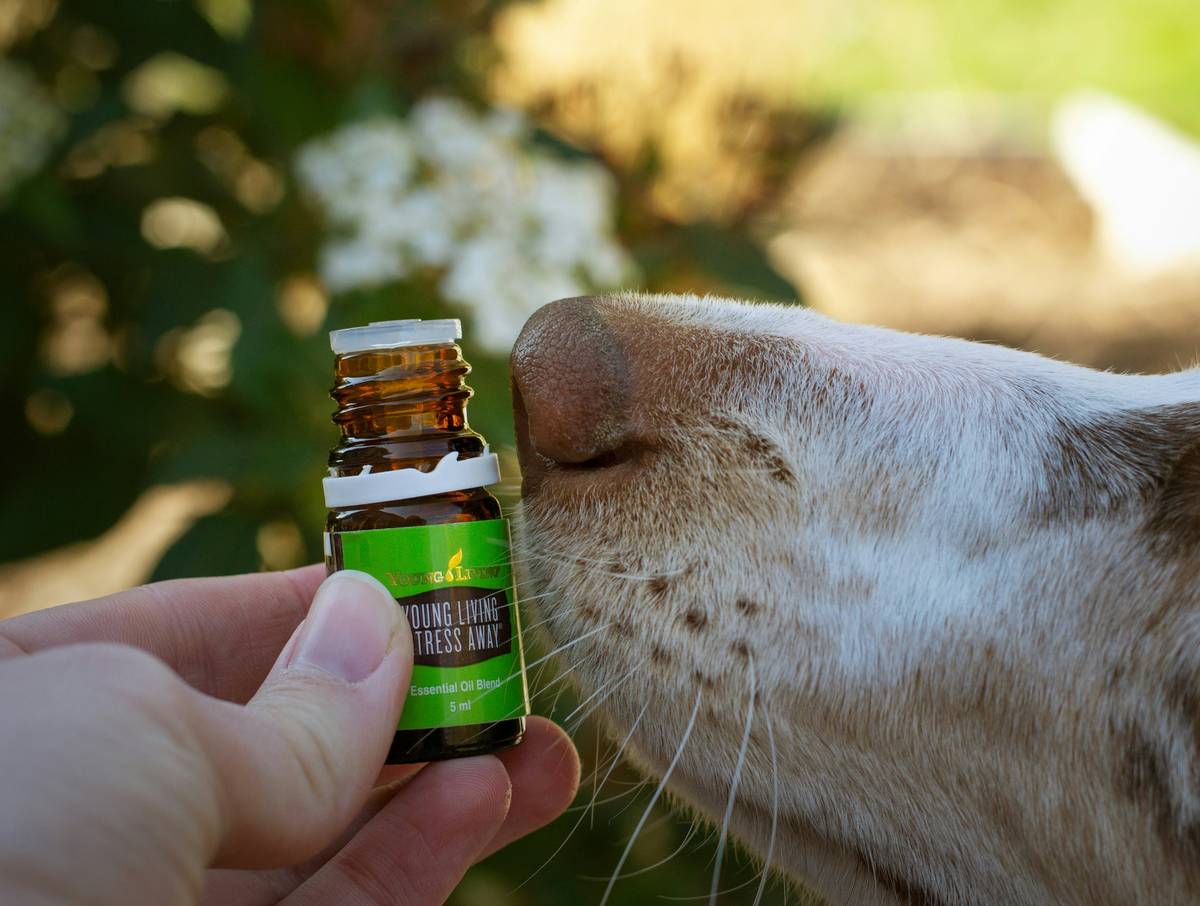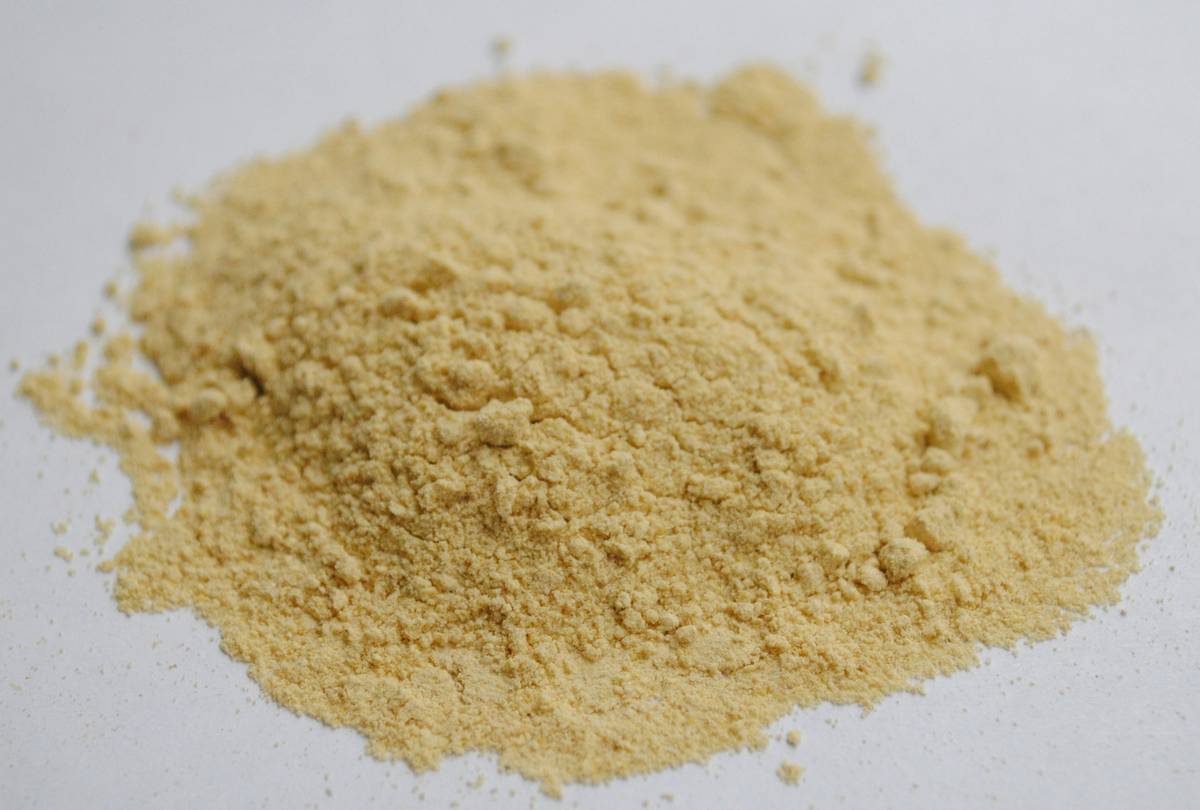Ever watched your furry friend struggle to get up after a nap? It’s heartbreaking—and way too common.
Pets, like humans, can suffer from joint pain as they age or due to conditions like arthritis. But here’s the good news: turmeric joint wellness supplements might just be their golden ticket to better mobility. In this guide, you’ll learn what makes turmeric such a powerful ally for your pet’s health, how to choose the right supplement, and tips to maximize its benefits (plus, some brutal honesty about overhyped promises). Let’s dive in!
Table of Contents
- Why Turmeric Joint Wellness Matters
- Step-by-Step Guide to Choosing the Right Supplement
- Best Practices for Using Turmeric Supplements
- Success Stories: Real Pet Transformations
- FAQs About Turmeric Joint Wellness
Key Takeaways
- Turmeric contains curcumin, a potent anti-inflammatory compound that supports joint health.
- Choosing high-quality pet-specific turmeric supplements ensures safety and effectiveness.
- Pairing turmeric with black pepper enhances absorption—don’t skip this step!
- Not all pets respond well; monitor results carefully.
Why Turmeric Joint Wellness Matters

I remember when my senior pup Luna started limping one morning. My heart sank thinking about expensive vet bills and prescription meds. But then I stumbled upon turmeric joint wellness—and wow, was it a game-changer.
Turmeric isn’t just trendy; it’s backed by science. Curcumin, the active ingredient in turmeric, fights inflammation and reduces oxidative stress. For pets with stiff joints or arthritis, it works like WD-40 for rusty hinges. One study even found that curcumin rivaled NSAIDs in reducing joint swelling—but without the nasty side effects.
Sounds like magic, right? Well, it’s not perfect. Some products are garbage-in-a-bottle, filled with fillers instead of real ingredients. And if you don’t pair turmeric with black pepper (or fat), your dog’s body won’t absorb much at all. So let’s break down the essentials next.
Step-by-Step Guide to Choosing the Right Supplement
Optimist You: “There are SO many options out there!”
Grumpy You: “Great. Now we have to decode labels written in Martian.”
Step 1: Check Ingredients First
Look for pure, organic turmeric powder or extracts listed prominently on the label. Avoid anything with artificial colors, preservatives, or unpronounceable chemicals. Bonus points for supplements containing black pepper extract (piperine) or healthy fats, which boost absorption.
Step 2: Confirm Dosage
Dosage matters. Too little won’t help; too much could harm. Rule of thumb: Start with 15–20 mg of curcumin per pound of body weight daily. Always consult your vet before introducing new supplements.
Step 3: Vet Brand Reputation
Pick brands that perform third-party testing and share transparency reports. Trustworthy companies often display certifications like USDA Organic or NASC (National Animal Supplement Council).
Best Practices for Using Turmeric Supplements

Here’s where things get practical:
- Mix it Right: Sprinkle turmeric powder into wet food or mix liquid drops under your pet’s tongue. Never force feed.
- Gradual Introduction: Introduce turmeric slowly to avoid stomach upset. Start with half the recommended dose for a week.
- Pair Wisely: Combine turmeric with fatty foods (like coconut oil) or meals containing protein to enhance absorption.
- Monitor Results: Track changes in behavior, movement, and energy levels over several weeks.
Pro Tip: This strategy is chef’s kiss for drowning algorithms—or uh, helping your pet live longer.
Anti-Tip: Don’t buy cheap generic capsules online unless you want to feed your pet sawdust flavored dust.
Success Stories: Real Pet Transformations
Take Max, an 11-year-old German Shepherd mix who went from hobbling miserably around the yard to chasing squirrels again. His owner added a vet-approved turmeric supplement to his diet, along with omega-3 fatty acids. Within six weeks, Max had noticeably improved mobility and seemed happier overall.
Sound familiar? If so, turmeric joint wellness might work wonders for your four-legged pal too.
FAQs About Turmeric Joint Wellness
Can turmeric replace pain medications?
While turmeric can complement traditional treatments, it shouldn’t fully replace prescribed meds unless advised by your vet.
Are there any side effects?
In rare cases, excessive doses may cause digestive issues or interact with certain medications. Moderation is key.
How long does it take to see results?
Typically, improvements show within 4–8 weeks of consistent use.
Conclusion
Turmeric joint wellness offers a natural, effective way to support your pet’s mobility and comfort. But remember, it’s not a miracle cure—it’s part of a holistic approach to pet care. With careful selection, proper dosing, and patience, turmeric could become your pet’s new best friend.
So, will you give it a try? Worst-case scenario, you discover something else that works better. Best case? Your pup’s tail wags stronger than ever.
P.S. Like dial-up internet speeds, consistency wins. Keep going even when progress feels slow.
Just because nostalgia heals everything:
Golden spice shines bright,
Old bones move like young ones do—
Thanks to nature’s gift.


